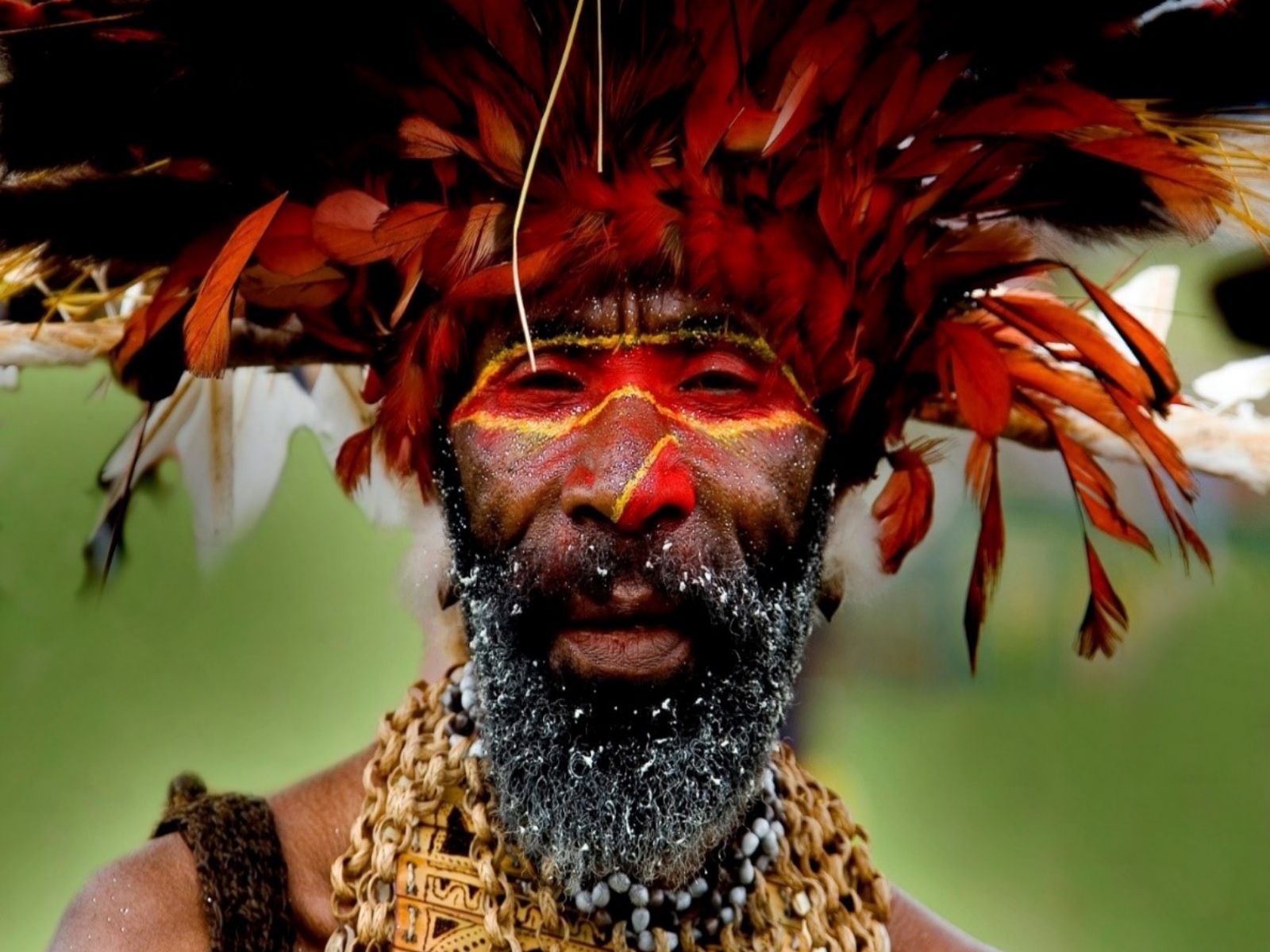SALA Online
In a movement which puts the liberal arts at the heart of excellence in secondary-school education, SALA offers a remarkable and life-changing experience for ambitious and committed young adults. Bringing unprecedented access to stimulating subjects with intellectual rigor at its core, SALA enables students to find the discipline and freedom to think deeply, argue logically, speak persuasively, and write cogently.
Mastery of the academic arts of essay writing and oral presenting, alongside acquisition of deep and valuable knowledge, equips students for the highest scholastic possibilities globally. The permeation of these core values through each successive level of SALA’s areas of learning prepares and enables students to bring thoughtful engagement and meaningful contribution to the classroom, and to the world.
Inspired by the most ancient definition of the artes liberalis, SALA embraces intellectual pursuit in any subject for its own sake - an arena for intelligent learning beyond the common interpretation which conflates liberal arts with the humanities. The word ‘sala’ in several European languages means a room or meeting place, and is the etymon of ‘salon’ – a term which originated during The Enlightenment to describe an intellectual gathering, the ethos of which SALA epitomizes.
SALA provides an academic sphere and an intellectual sphere in which young adults’ potential can be realized through the study of subjects as fascinating and diverse as ancient history, mathematics, anthropology, science and literature, all of which are explored at a depth generally reserved for university education. The courses are cross-disciplinary, promoting students’ learning in mind-expanding and transformative ways for a life-enhancing educational experience. Through rigorous engagement with advanced subjects, taught by gifted educators who are experts in their field, students explore the richness of the world and the human experience through the eyes of great thinkers and great writers.
Profound and enriching content within a framework of advanced and exploratory learning is at the heart of this transformational process. From the age of 11, students are supported to think deeply across a wide range of knowledge, and develop enhanced oral presentation and essay writing skills which demonstrate cogent discriminative thought and advanced critical evaluation. To see young adults capably engaging with complex materials and ideas in SALA programs, displaying a level of sophistication and maturity beyond their years, is deeply inspiring.
All SALA classes feature roundtable arrangements with small group sizes of no more than nine per class, which support enhanced learning in the liberal arts for young academics. In each SALA course, students will be expected to write several essays per semester – both a first draft, which is corrected and commented on by their teacher, and a second draft which is saved in their portfolio of written work – and to prepare for and deliver an end of semester oral presentation, which will serve as the summation of their learning for that half-year. In class time throughout the semester, students are expected to take part in close-reading of very challenging texts and to engage and join in with group discussion on the topics being studied. The focus on essay writing, close reading, deep thinking, discussion, and oral presenting, ensures students’ full and joyful engagement with the rich and meaningful content of the courses, facilitating their learning and development.

Mr John Dietrich teaches a number of SALA courses at Studio Education, including Anthropology & Geography both in-person and online. John is a Florida state certified teacher (K-12) with a Masters Degree in Urban and Regional Planning, a Bachelors of Science in Anthropology and an Undergraduate Certificate in Environmental Studies. John’s teaching experience spans nearly ten years and includes courses in economics, the sciences and writing at the graduate, undergraduate, high school and middle school levels. His academic and professional background, along with extensive research experience examining the environmental effects of economic development in Southeast Asia, makes him an ideal teacher for this course that examines the interplay between anthropology and geography.

Ms Victoria Kane grew up in the northeastern United States. She attended Tulane University in New Orleans, Louisiana, where she graduated summa cum laude with a major in philosophy and a minor in English. To continue her philosophical inquiry, she attended Tufts University in Massachusetts where she received her MA in philosophy. During her time at Tufts, she worked as a Teaching Fellow at Harvard University for an Ethical Reasoning course and as a Teaching Assistant at Tufts University for an Introduction to Ethics course. Her focus in graduate school was on ethics and metaethics. She is particularly interested in moral realism, questions about how we form moral judgments, and whether or not we can have moral knowledge. Soon after graduating from Tufts, Victoria moved to Shanghai and lived there for 2 years before returning to the United States. She now lives in Boston and teaches SALA Online's Introduction to Philosophy series.
Mr Neal Blacker is a Visual Arts teacher with years of experience working with the indigenous community in Australia and students in international schools. He studied visual art with a focus on contemporary practices and the history of Pacific and South East Asian art. Additionally, he has professional interests in the effect of visual arts in the secondary classroom and indigenous schools. He is a practicing artist, having exhibited in Australia and China, and currently teaches Art Theory and History at Studio.
Explore our SALA courses below and ask about upcoming online and in-person opportunities.









